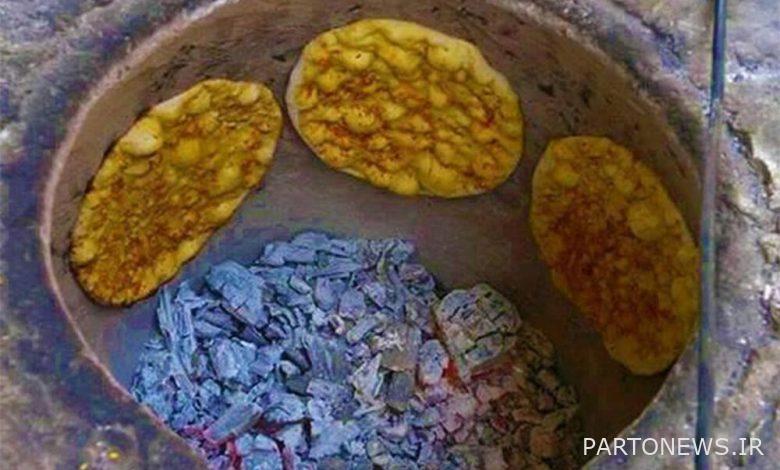Eat “Yaghli Fatir” so you won’t be hungry for 1 year/Waking up with a hole in the wall – Mehr News Agency | Iran and world’s news

According to Mehr reporter, “Mirror of Kindreds” is the title of a series of radio shows narrated and directed by Mehrdad Eshghian, which is a journey into the world of Ramadan rituals in Iran. This is a 30-part collection of the productions of the General Directorate of Performing Arts of Radio, which is published in Mehr News Agency with the suggestion and support of Ayub Aghakhani.
Mandana Aslani, Gholamhasan Tassiri, Mandana Mohseni, Mohammad Yeganeh, Mojtaba Tabatabai, Mohammad Agha Mohammadi They are present as actors in this series and other actors of the radio series “Aineh Obeh” are author: Soheila Khodadadi, researcher: Nasser. Malayan, Effector: Narges Musipour, sound engineers: Pirouz Sadraei and Mohsen Javadi, producer and editor: Nahid Gudarzi.
The 21st episode of “Mirror of the Nations” with a duration of 29 minutes deals with the rituals of the people of this city during the holy month of Ramadan with a trip to Urmia.
The 21st day of the journey to the world of Ramadan rituals in Iran begins like this:
“We passed the days and nights of Ramadan and reached the 21st day of this month. To a day whose description hurts not only the hearts of Shiites but the hearts of every free person brings. Today is the martyrdom day of the pious master Hazrat Ali (AS), and I am still a lost traveler in the month of God. A traveler who goes to bring out the hidden love in the hearts of the cultures and customs of the people of different cities. O God, I will start my journey today with your name and memory. God, in your hope.”
“Ali” and his mother, who on the 21st day of the holy month of Ramadan cook food for the fasting people every year on the anniversary of the martyrdom of the pious, introduce us to the Ramadan rituals of the people of Urmia and West Azerbaijan.
In the holy month of Ramadan, Urmia people cook a traditional sweet bread with different shapes along with flour bread. “Tere” halva is also a halva that people in the villages of West Azerbaijan cook during Ramadan. “Yaghli Fatir” is another local bread that the villagers of West Azerbaijan prepare during Ramadan, and people believe that anyone who eats this bread will never be hungry or poor throughout the year. This bread is given both as Iftar and as a gift to fasting people and neighbors.
In the old days, the people of West Azerbaijan, after seeing the crescent moon, looked at their face in the mirror they had with them and turned the mirror around their heads several times.
In Urmia, on the night of Hazrat Ali’s martyrdom, people go to the mosque and mourn.
“Uboshan” has been an old official name in West Azerbaijan. People cared a lot about eating breakfast and they had to eat it. In the villages, people would wake up the neighbors by knocking on the door and wall of their house. In the old days, there was a hole in the houses called “paja” through which the neighbors used to wake each other up.
On the 21st day of the journey, the narrator tells his friend “Sohrab” about the customs and traditions of the Qadr nights of the people of Kazeroon during the holy month of Ramadan. On the nights of the 19th, 20th, 21st, and 23rd nights, the Quran reading ceremony will be held in the mosques of Kazerun city.
In addition to various foods, people who take a vow also prepare “Zabugosh Halva”, which is a special and traditional food of Kazeroon, and distribute it among the fasting people.

